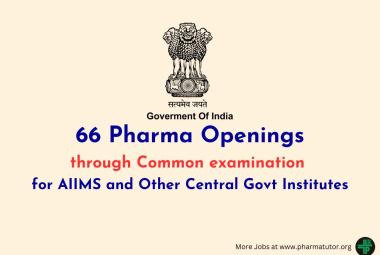Parliament passed the bill to ensure equal rights for people living with HIV and AIDS in treatment, employment and admissions to educational institutions.
[adsense:336x280:8701650588]
The total number of people living with HIV in India is estimated at 21.17 lakh. Approximately 86,000 new HIV infections were reported in 2015, representing a 66% reduction in new infections compared to 2000. By 2015, approximately 68,000 people have died of AIDS-related causes nationwide. Although the bill was originally presented to Parliament by the UPA government, amendments to the legislation were revived by the Modi government.
Since then, the Ministry of Health has made various amendments to the original bill to address several concerns raised by the HIV community and state governments.
The bill is important because it protects people living with HIV from specific acts of discrimination by the state or any other person. It also provides penal provisions for discrimination against a person living with HIV / AIDS and a violation of confidentiality.
Under the new law, central and state governments are required to provide antiretroviral therapy (ART) and the management of opportunistic infections (infections that take advantage of the weak immune system and occur frequently).
Health Minister JP Nadda said the government "is committed to the free treatment of HIV patients," said the unanimous passage of the HIV / AIDS (prevention and control) bill in the Lok Sabha As "historical". It was adopted by the Rajya Sabha on 21 March. "This is not the case before we get to this bill, these people (HIV-infected) were not empowered but with their passage they would get more power," Nadda said.







